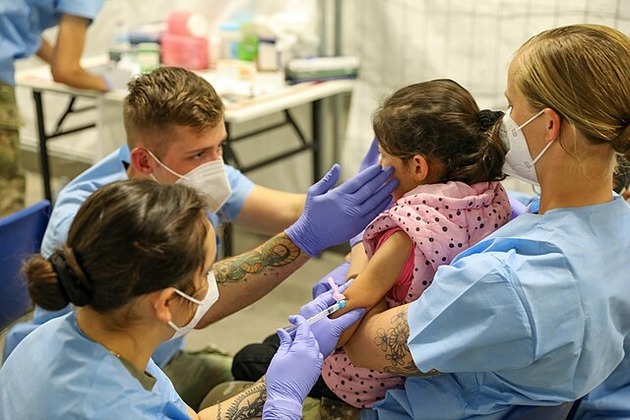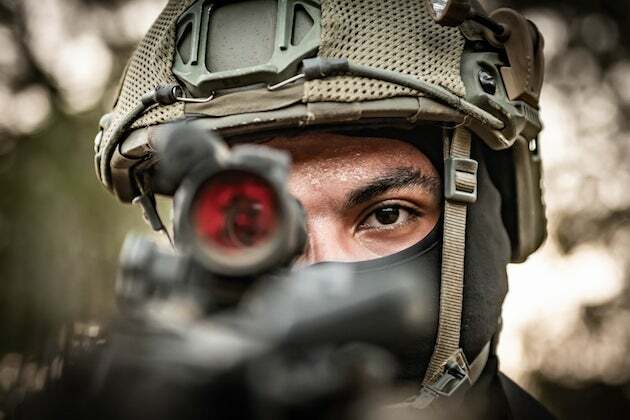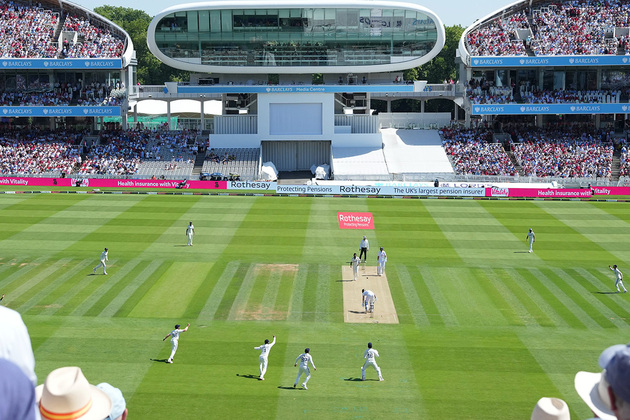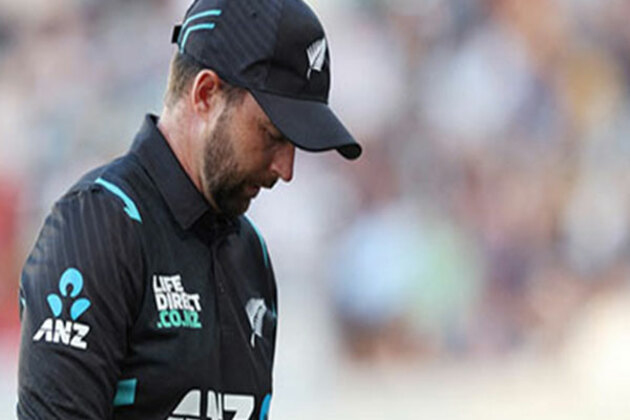Why knowing what black mamba venom does to the human body is crucial
The Conversation
12 Sep 2019, 20:04 GMT+10
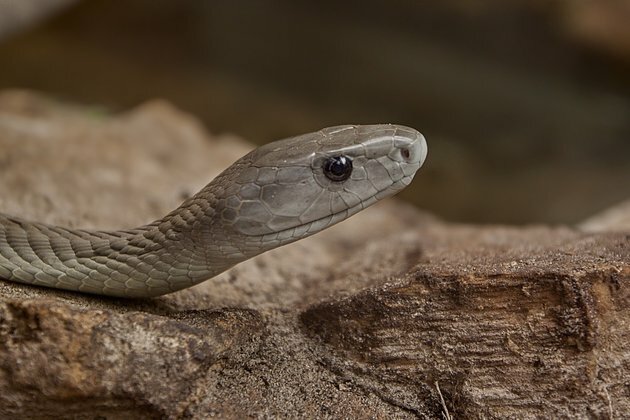
Black mambas are extremely dangerous reptiles - in fact, many consider the species to be one of the world's deadliest snakes. They are found in southern and eastern Africa, and are shy, evasive creatures. They won't seek out human interaction. But if cornered or confronted, they will strike. And their venom is lethal.
Black mambas (don't let the name fool you - they're very rarely black, and are more usually a dark brown - it is the inside of the mouth which is black) probably cause the largest number of snake-related deaths in southern Africa. In a recent case, a South African judge died after being bitten by a black mamba while he was travelling in Zambia. But the data for the whole continent is limited, so the precise number isn't known. This is chiefly because most of these deaths occur in rural parts of Africa with limited health infrastructure and other resources.
Sub-optimal mortuary facilities, inadequate professional manpower, poorly developed protocols and the lack of an efficient and reliable toxicology service means many of these deaths in Africa's more rural areas are not properly diagnosed. It is most likely that these snakebite victims get buried without a thorough forensic pathological autopsy.
The black mamba is born with two to three drops of venom per fang. It is a front-fanged snake, with fangs up to 6.5 mm in length, located at the front of the upper jaw. An adult of the species has between 12 and 20 drops per fang. It takes just two drops of venom to kill an adult human. This means that even young black mambas are extremely dangerous.
Not much is known about the pathology of trauma of black mamba bites - that is, what the black mamba's toxin does, physically, inside a victim's system. We do know that the venom is neurotoxic and cardiotoxic. That means that it has a direct effect on the nerves and the heart.
The more we know, the better. If we know precisely what the toxin does, hospitals and clinics might be better prepared to treat those who've been bitten.
A recent case study
Recently my colleagues and I examined the case of a young man who was bitten by a black mamba in South Africa. He arrived at the hospital 20 minutes after being bitten and had already suffered cardiac arrest with accompanying hypoxic brain injury.
This was my third encounter with the victim of a black mamba bite. My first fatal encounter, in 2000, involved a 12-year-old girl who was bitten on the thigh by a black mamba. The second involved a British tourist who was accidentally bitten at a snake park, and who also died.
In this latest case, the co-workers of the young man who died were certain that the snake was a black mamba. This gave us, as forensic pathologists, an excellent opportunity to thoroughly investigate this matter. Oftentimes, the history is scant, with victims unable to properly identify the snake which bit them.
The forensic examination consists of a thorough macroscopic post mortem examination, followed by histological (microscopic) examination and blood tests.
A black mamba's venom is complex. It interferes with transmission across the motor end-plate, which is where the nerves and muscles connect, so it will result in paralysis. The venom is also cardiotoxic, which means it may have a direct effect on the heart.
How to treat it
So what should you do if you or someone around you is bitten by a black mamba?
The first priority is to transport the victim to an appropriate medical facility as soon as possible. First-aid should focus on maintaining vital functions, such as respiratory support. Keep the victim still and try limit any unnecessary movement. Remove constricting items (for example rings and clothing), especially those close to the bite site.
The first-aid treatment of black mamba bites includes lymphatic retardation with the pressure immobilisation technique - in other words try and wrap a tight crepe bandage or tourniquet close to the bite site.
Medical management comprises continuous monitoring, making sure the airways are open, treating symptoms and the immediate administration of antivenom. The antivenom is injected intravenously because absorption is poor via the muscles. It's also important not to inject into or around the bite site. In rare instances the victim may be put on extracorporeal membrane oxygenation, which is a way of providing prolonged cardiac and respiratory support to those whose heart and lungs are unable to provide oxygen to the body.
This combination of respiratory support and antivenom may save a person's life. Over time, the antivenom will ease muscle paralysis and set the victim on the road to recovery.
Author: Ryan Blumenthal - Senior Specialist, University of Pretoria 
 Share
Share
 Tweet
Tweet
 Share
Share
 Flip
Flip
 Email
Email
Watch latest videos
Subscribe and Follow
Get a daily dose of Cape Town Express news through our daily email, its complimentary and keeps you fully up to date with world and business news as well.
News RELEASES
Publish news of your business, community or sports group, personnel appointments, major event and more by submitting a news release to Cape Town Express.
More InformationInternational
SectionNew Hampshire federal court ruling defies Trump’s citizenship move
CONCORD, New Hampshire: A federal judge in New Hampshire issued a crucial ruling on July 10 against President Donald Trump's executive...
Houthis attack cargo ship in Red Sea, raising maritime safety fears
DUBAI, U.A.E.: A cargo ship flagged under Liberia, known as the Eternity C, sank in the Red Sea following an attack executed by Yemen's...
Trump administration restarts Ukraine arms deliveries
WASHINGTON, D.C.: The Trump administration has started sending some weapons to Ukraine again, just a week after the Pentagon told officials...
From France’s shores, desperate migrants look to reach British coast
ECAULT BEACH, France: On clear days, the white cliffs of the United Kingdom, are visible from northern France, where men, women, and...
CDC: US records 1,288 measles cases, most since 1992 outbreak
ATLANTA, Georgia: The United States is facing its worst measles outbreak in more than three decades, with 1,288 confirmed cases so...
Gaza War sucking life out of an Israeli generation
In the past month alone, 23 Israeli soldiers have been killed in Gaza—three more than the number of remaining living hostages held...
South Africa
SectionBRICS issues rebuke on trade and Iran, avoids direct US criticism
RIO DE JANEIRO, Brazil: At a two-day summit over the weekend, the BRICS bloc of emerging economies issued a joint declaration condemning...
Only four 250+ chases at Lord's: Can India join elite list?
London [UK], July 13 (ANI): As India gears up for a potential big chase at the iconic Lord's Cricket Ground, the historical odds offer...
Kiwi batter Devon Conway replaces injured Finn Allen for T20I tri-series against Zimbabwe, South Africa
New Delhi [India], July 13 (ANI): Devon Conway, Mitch Hay, Jimmy Neesham and Tim Robinson set to join the New Zealand T20I squad for...
Marc Marquez fends off Zarco for wet weather pole in Germany
Hohenstein-Ernstthal [Germany], July 13 (ANI): The wet weather has come to play on Saturday at the Liqui Moly Grand Prix of Germany,...
Jake Fraser-McGurk, Xavier Bartlett included in Australia T20I squad for West Indies series
Melbourne [Australia], July 12 (ANI): Australia made changes in their squad for the upcoming T20I series against West Indies as they...
Interview: Civilizations dialogue key to global peace, development: former S. African diplomat
BEIJING, July 12 (Xinhua) -- In today's fractured world, dialogue based on mutual respect is the right path forward, said Gert Grobler,...





